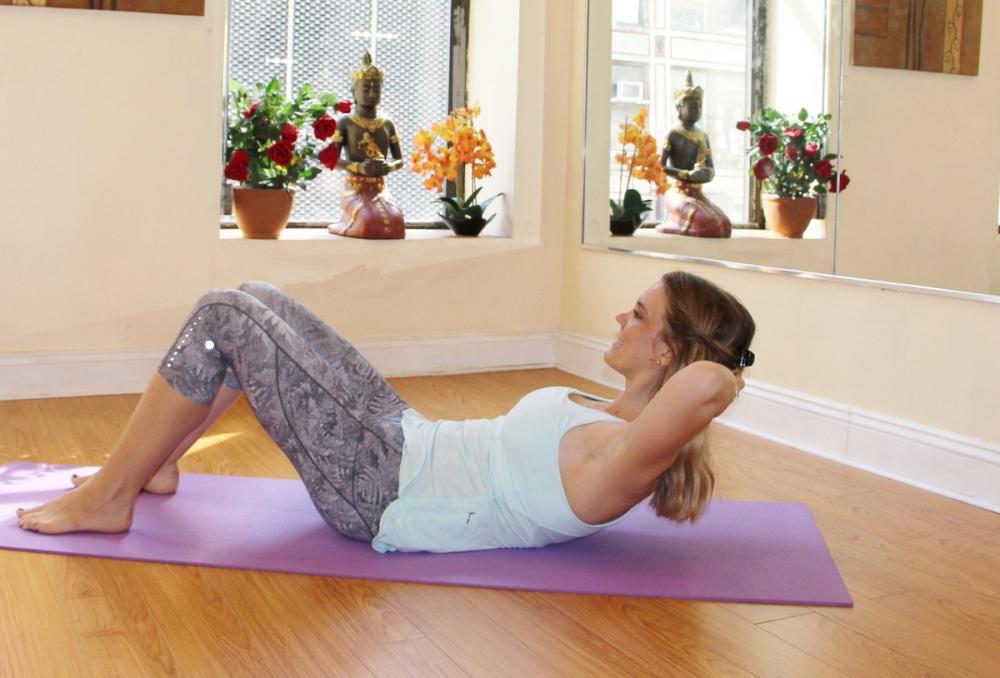search
date/time
 | North East Post A Voice of the Free Press |
12:15 AM 13th December 2021
family
60% Of UK Women Suffer From Pelvic Floor Issues

Photo by Mathilde Langevin on Unsplash
In fact, six in ten (60%) females surveyed reveal that they sometimes leak urine when they cough, sneeze, laugh or lift something heavy, and shockingly over half (52%) of women have never spoken about their pelvic floor issues with family or close friends.

It is clear that people still need to be educated on the pelvic floor and encouraged to seek treatment and advice where necessary.
INTIMINA UK’s gynaecologist Dr Shree Datta answers your top questions for all things pelvic floor:
What is your pelvic floor?
“A pelvic floor is a group of muscles and ligaments that support the bladder, uterus (womb) and bowel. When the pelvic floor is strong, it supports the pelvic organs to prevent incontinence and prolapse.”
Benefits of regular pelvic floor exercises.
“Regular pelvic floor exercises help bowel and urinary control, prolapse and there's some evidence to suggest more sensitivitiy during sex. Regular exercise also helps to maintain the tone of your pelvic floor muscles and the general health of your vagina, so getting on top of those pelvic floor exercises early will not only prevent intimate health problems in older age but will inrease sensitivty during sex, which means better orgasms. A win-win!”
Pelvic floor exercises and pregnancy.
“I would certainly recommend pregnant women consider starting pelvic floor exercises from 34 weeks onwards as there is some evidence that this reduces the extent of vaginal tears or episiotomy at the time of delivery.”
So how do we actually get pelvic floor fit?
“Firstly, empty your bladder and make sure you are sitting comfortably. Squeeze your pelvic floor muscles for a few seconds as though you are stopping a wee. Try doing this 10-15 times a day and try not to hold your breath, squeeze your stomach, bum or thighs - really focus on clenching the pelvic floor muscles only! Intimina has developed the KegelSmart - a personal pelvic floor trainer which sets a routine that is simple to follow, safe to use, and completely tailored to your individual needs. Just remember it can take a few weeks or months to start seeing a result and even when you do, it's important to keep up your exercises to maintain the improvement.”
Marcella Zanchi, Marketing and Communications Manager for INTIMINA UK adds:
“We hope that these findings help initiate open discussions on intimate health topics including the importance of raising awareness of pelvic floor health.”
“We hope that these findings help initiate open discussions on intimate health topics including the importance of raising awareness of pelvic floor health.”